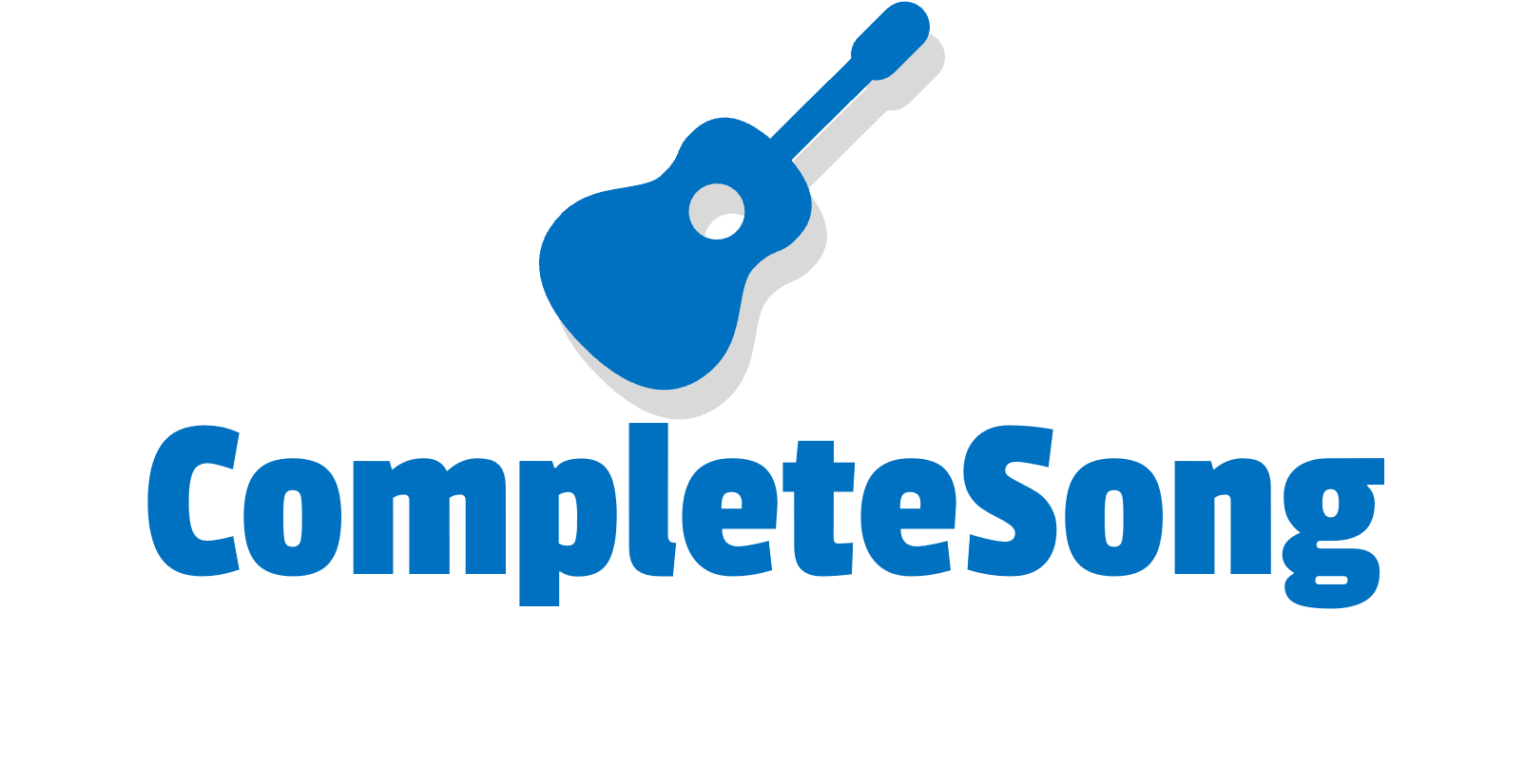As an independent artist, marketing your music effectively is crucial to building your audience and gaining recognition. With the power of the internet, it’s possible to reach a global audience without the backing of a major label. However, the online music space is crowded, so it’s important to have a solid strategy. In this guide, we’ll explore key steps and tools to help you market your music online.
1. Build a Strong Online Presence
Your online presence is the foundation of your music marketing efforts. It’s how fans, industry professionals, and potential collaborators will discover and connect with you. Here’s how to establish and maintain a strong online presence:
Create a Professional Website
Your website is your digital home. It should include everything someone might need to know about you and your music. Key elements of a good musician’s website include:
- Biography: Share your story and background as an artist.
- Music: Provide streaming or download options for your songs.
- Tour Dates: List upcoming performances and events.
- Merchandise: Offer a shop for fans to buy your music and merch.
- Contact Information: Make it easy for fans and industry contacts to reach you.
- Social Media Links: Connect your social media profiles to your site.
Optimize Your Social Media Profiles
Social media is one of the most powerful tools for promoting your music. Choose the platforms where your target audience is most active, such as Instagram, Twitter, Facebook, and TikTok. Optimize your profiles by:
- Using a Consistent Brand: Use the same profile picture, bio, and handle across platforms for brand consistency.
- Sharing Engaging Content: Regularly post updates, behind-the-scenes content, and engage with your followers.
- Linking to Your Music: Include links to your latest releases and your website.
2. Distribute Your Music Globally
To reach a wide audience, you need to distribute your music on major streaming platforms like Spotify, Apple Music, Amazon Music, and YouTube. Here’s how to do it:
Use a Digital Distributor
Digital distributors like DistroKid, TuneCore, or CD Baby can help you get your music on all major streaming platforms. They handle the distribution process for a fee, allowing you to focus on creating and promoting your music.
When choosing a distributor, consider factors like pricing, ease of use, and the platforms they distribute to. Some distributors also offer additional services, such as publishing administration and sync licensing opportunities.
Release Music Strategically
Plan your releases strategically to maximize impact. Consider releasing singles leading up to an album to build anticipation. Use pre-save campaigns on Spotify to encourage fans to save your music before it’s released, which can boost your chances of landing on playlists.
Make sure to promote your release across all your social media channels and website, and consider using a press release to generate buzz in blogs and music magazines.
3. Leverage Social Media Marketing
Social media marketing is a direct way to connect with your audience and promote your music. Here’s how to effectively use social media for music marketing:
Create Engaging Content
Content is king on social media. Share a mix of posts that promote your music, show behind-the-scenes moments, and engage with your audience. Ideas include:
- Music Videos: Share music videos, lyric videos, or even acoustic versions of your songs.
- Live Streams: Host live streams where you perform, talk to fans, or share your creative process.
- Fan Interactions: Respond to comments, participate in challenges, and encourage user-generated content (like covers or remixes).
- Stories and Reels: Use Instagram Stories or TikTok to share short, engaging clips that showcase your personality and music.
Utilize Paid Advertising
Social media platforms offer targeted advertising options that can help you reach a broader audience. Use ads to promote your new releases, upcoming shows, or merchandise. Start with a small budget and experiment with different ad formats (e.g., Instagram Stories ads, Facebook video ads) to see what works best for your audience.
4. Get Featured on Playlists and Blogs
Getting your music featured on playlists and music blogs can significantly increase your exposure. Here’s how to get started:
Submit to Playlists
Spotify playlists, in particular, can be a powerful tool for gaining new listeners. Submit your tracks to playlist curators through platforms like SubmitHub, Playlist Push, or directly to Spotify’s editorial team if you’re releasing through a distributor that offers this option.
Reach Out to Music Blogs
Music blogs can help you reach a more targeted audience. Research blogs that cover your genre and follow their submission guidelines. Personalize your pitch and include links to your music, press kit, and any notable achievements.
Building relationships with bloggers and influencers can lead to long-term partnerships and ongoing support for your music.
5. Engage with Your Fans
Engaging with your fans is key to building a loyal fanbase. Here’s how to foster that connection:
- Respond to Comments: Take the time to reply to comments and messages on your social media posts. Show appreciation for their support.
- Create a Fan Club: Offer exclusive content, early access to new music, and special merchandise to your most dedicated fans through a fan club or Patreon.
- Host Giveaways: Run contests or giveaways where fans can win merch, concert tickets, or a personalized shoutout. This encourages engagement and spreads the word about your music.
Conclusion
Marketing your music online as an independent artist requires a strategic approach and consistent effort. By building a strong online presence, distributing your music effectively, leveraging social media, getting featured on playlists and blogs, and engaging with your fans, you can grow your audience and take your music career to the next level.
At Complete Song, we’re committed to helping you succeed as an independent artist. Stay tuned for more tips, resources, and insights into music marketing and promotion.


